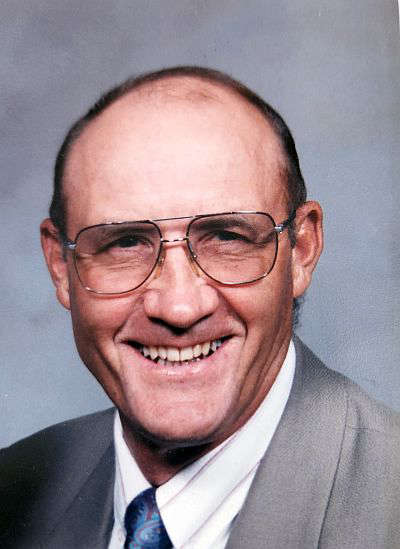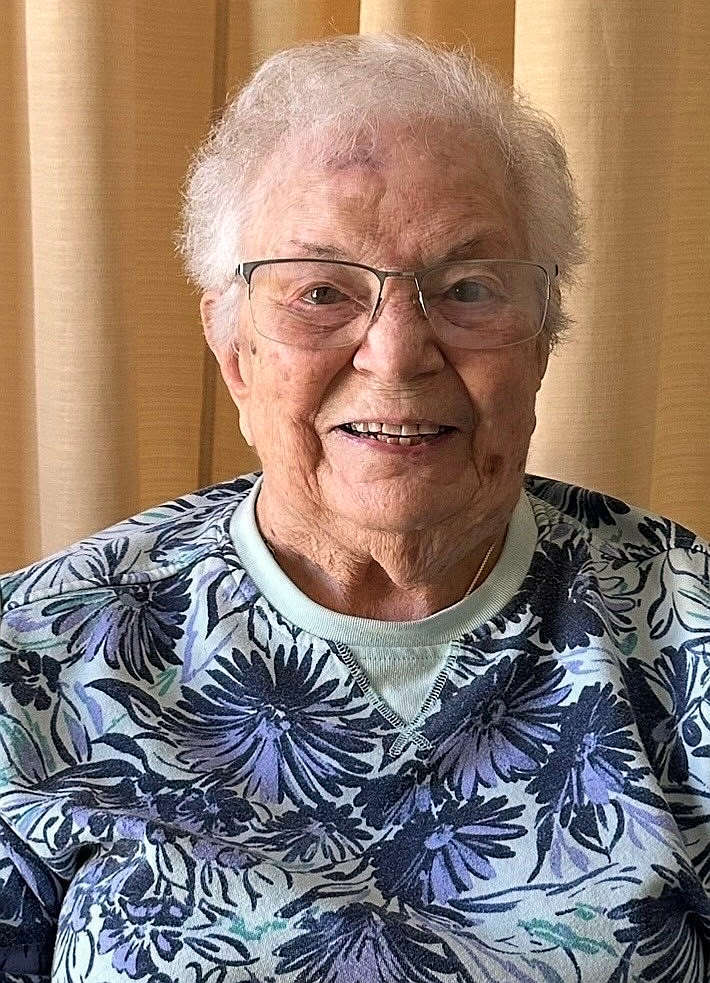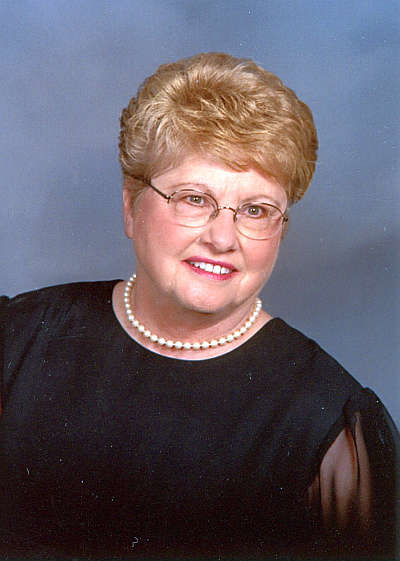
Newly elected county treasurer Wendy Tapia attended the meeting to seek approval for signing a new confidential agreement between Marshall County and the Indiana Department of Revenue. She stated that she and Commissioner Stan Klotz need to sign a new agreement because the previous one was for the former treasurer, and this agreement must be in place before the Department of Revenue will discuss the Innkeeper’s Tax for the county with her.
County Auditor and former Treasurer for Marshall County, Angie Birchmeier, stated that this is merely an update regarding the Department of Revenue, which collects all the Innkeeper’s Tax in the state. The county receives reports on the monthly deposits, and the only way to ensure that the books are balanced is to have this confidentiality agreement in place.
The confidentiality requirement prevents the county treasurer from disclosing detailed information about which entities are paying the Innkeeper’s Tax and the corresponding monthly amounts.
Commissioner Jesse Bohannon made a motion to approve signing the confidentiality agreement with Klotz and Tapai. He also mentioned that he had additional questions he wished to raise. The motion passed unanimously.
Bohannon stated that historically, this tax has generated approximately $600,000 annually. The auditor said that in Marshall County, the tax is set at 5%. Additionally, the Marshall County Tourism Commission is a department of the county, meeting in the same building and subject to the State Board of Accounts' annual audit. She said they have established a 501(c)(3) organization for the M.C. Tourism Bureau.
Birchmeier said the Bureau is a nonprofit organization and operates outside the county. There is a contract between the two entities. The commission receives a tax draw twice a year and must submit a letter to the county to obtain its funds. A portion of the funds is then given to the Bureau to be awarded as grants. The auditor stated that the money can only be allocated to tourism.
Bohannon stated in his recent layman’s research of the state statute that there are four to six different purposes for which the funds could be used, including economic development. He asked the county attorney to investigate the ordinance establishing the commission and to provide details on the distribution of those funds.
Bohannon said, “As we head into budget season, are we statutorily required to give all of it to the Tourism Commission, or whether is there an option for either the commissioners or council to look at other purposes some of this revenue could be used for?”
The county attorney collaborated with Tourism during their reorganization and the establishment of the new non-profit approved by the commissioners. He mentioned that one measure they implemented for the new non-profit was stronger controls to manage access to their financials. Surrisi noted that under the previous structure, the old not-for-profit was not forthcoming in sharing financial records.
Surrisi said he would create a memo that outlines the statute, its operation, permissible use, and the relationship between the commissioners and the commission.


 Marshall County finances at 15-year high despite temporary deficit period
Marshall County finances at 15-year high despite temporary deficit period
 Elkhart man arrested by Plymouth Police for OWI after blood test shows elevated BAC
Elkhart man arrested by Plymouth Police for OWI after blood test shows elevated BAC
 Off-duty deputy arrests driver for aggressive, reckless driving
Off-duty deputy arrests driver for aggressive, reckless driving
 Comcast expands high-speed internet network in Marshall County
Comcast expands high-speed internet network in Marshall County
 Plymouth Police arrest four for driving on suspended licenses
Plymouth Police arrest four for driving on suspended licenses
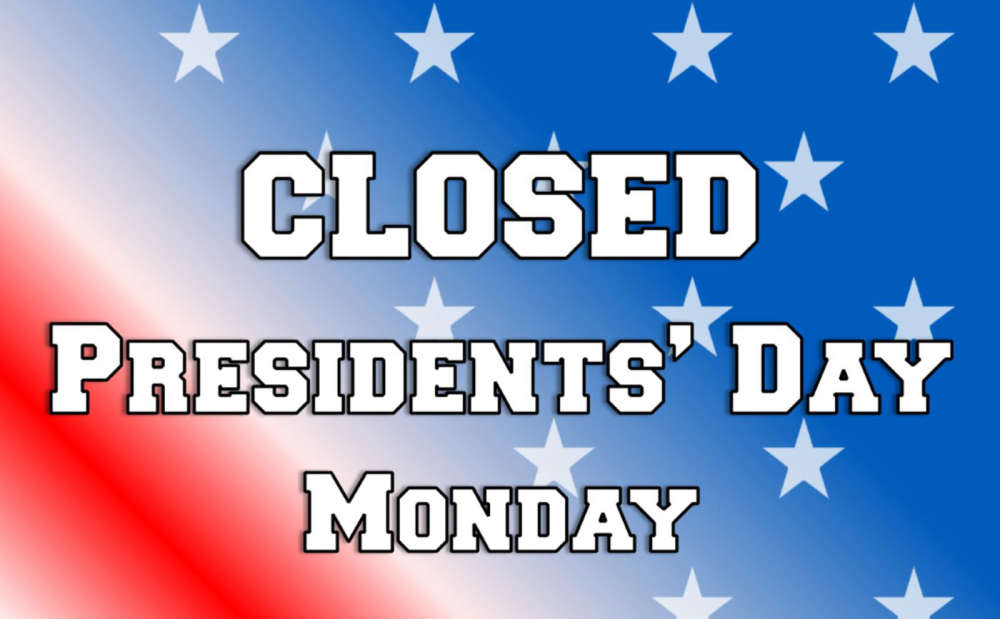 U.S. Postal Service to observe Presidents Day, Feb. 16
U.S. Postal Service to observe Presidents Day, Feb. 16
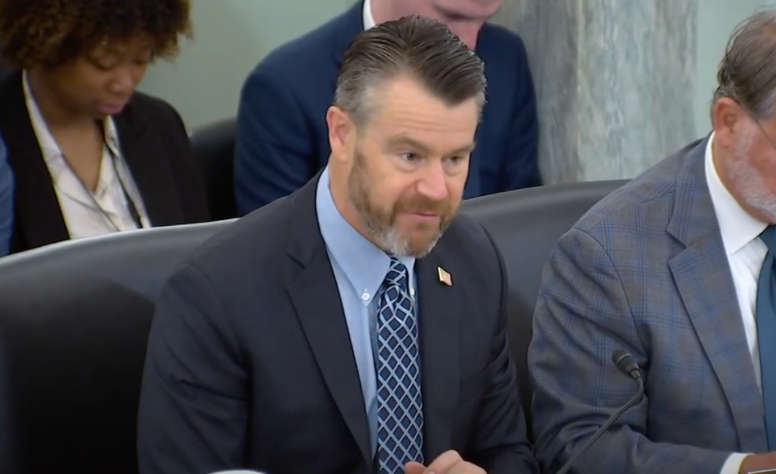 U.S. Senators Young & Hassan reintroduce bill to improve child care accessibility for working families
U.S. Senators Young & Hassan reintroduce bill to improve child care accessibility for working families
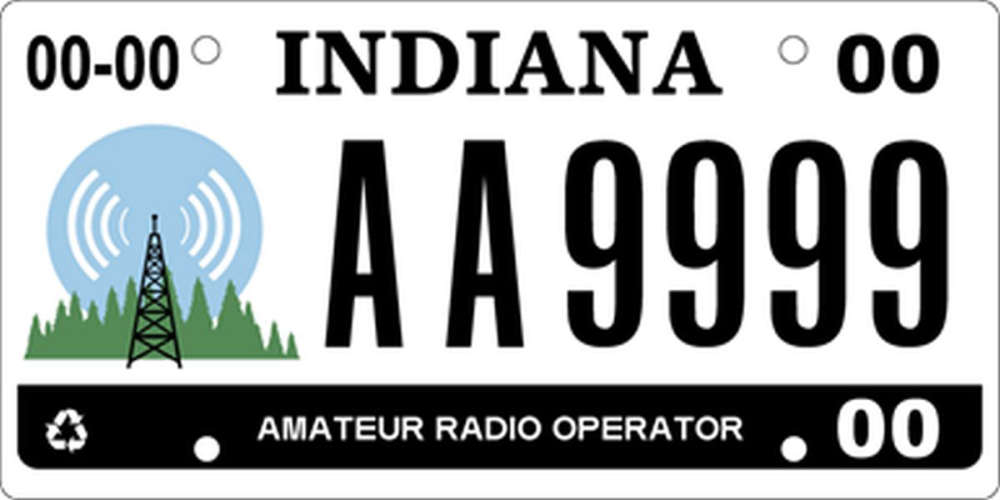 BMV announces new Amateur Radio License Plate design
BMV announces new Amateur Radio License Plate design


